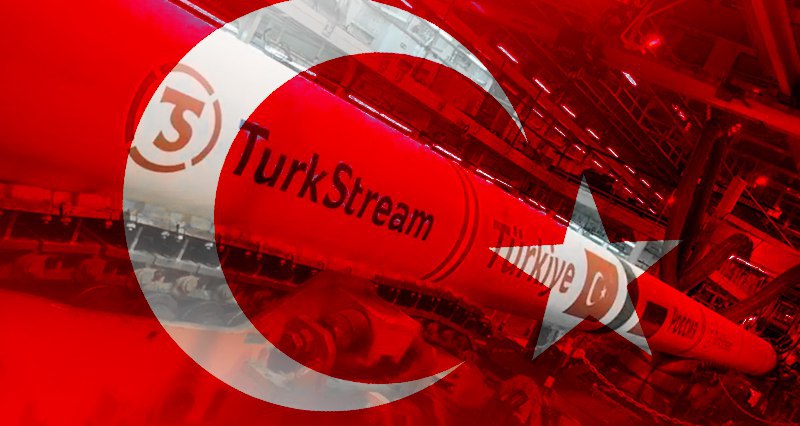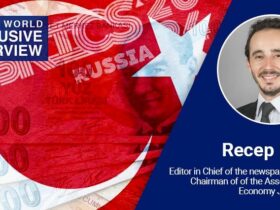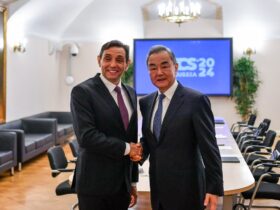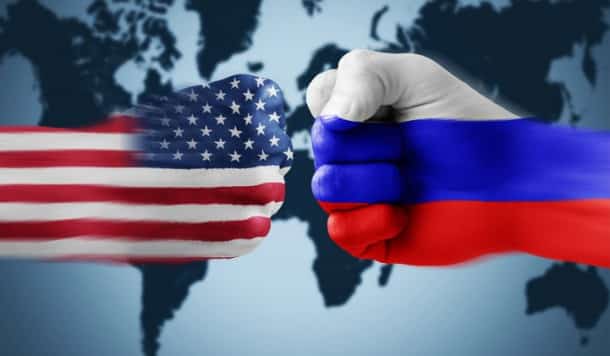By Ihsan Sefa (retired colonel, Turkish Armed Forces)
The situation in the Turkish economy in recent years is far from ideal. According to the Central Bank of the Republic of Türkiye, inflation in August was 51.97 percent compared to August last year.
Why is our economy in trouble? Türkiye is not characterized by a wealth of natural resources – a lot of things, especially oil and gas, have to be imported. Therefore, Türkiye cannot develop at the expense of profits from the export of minerals, like Norway, Canada, Russia and many others. In the early 2000s, Türkiye relied on foreign investors. It was their funds that ensured the rapid growth of the Turkish economy. In a certain sense, the US Federal Reserve System (FRS) also ‘played along’ with Türkiye. After the terrorist attacks of 11 September 2001 and the dot-com crisis of 2002, the US central bank began to pursue a very soft monetary policy. Large amounts of cheap dollars eventually supported not only the US economy – some of them reached Türkiye as well. And this was also one of the reasons for the strengthening of the lira, which in early 2008, just before the global economic crisis, was close to parity with the dollar (the exchange rate reached 1.17 per $1).
But the global economic crisis of 2008-2009, weather disasters in 2010 (drought in Russia and Canada, which led to a jump in prices for grain and food in general) and the civil war in Syria, which began in spring 2011, greatly reduced investor interest in Türkiye. The investor outflow caused a rapid depreciation of the lira, which jumped above 5 per $1 by the summer of 2018. The devaluation of the lira made imported energy, food, and equipment more expensive, as well as increased foreign loan payments, which caused inflation to accelerate.
The coronavirus pandemic in 2020-2021 has reduced foreign exchange earnings from tourism. But the hardest hit was the outbreak of war between Russia and Ukraine. Oil prices jumped to near historic records in 2022, and gas prices broke those historic records regularly. This led to a further rise in inflation (from 19.9 percent in October 2021 to 85.5 percent in October 2022) and a deterioration in the economy. In addition, due to rising costs for Turkish manufacturers, their products in the EU market began to be squeezed by Chinese competitors.
But now the changing geopolitical situation in the world gives Türkiye a unique chance to correct the situation. On the one hand, the US, with its claims to be the world’s policeman, has been forced to recognize its next failure – after a nine-month operation against the Houthis in Yemen, the Dwight Eisenhower aircraft carrier strike group has returned to base. Cargo ships are forced to bypass the African Cape of Good Hope. This increases the length of the route by 17,000 kilometers, making the delivery of a container, which used to cost $1500, now costs $6000. So Chinese goods to the EU will become noticeably more expensive.
On the other hand, Türkiye has an opportunity to improve its position by co-operating with Russia. Now our economic ties are weakening, but not through our fault – the secondary sanctions approved last December by US President Joe Biden are forcing Turkish banks to refuse to make payments to Russian counterparties. Nevertheless, it is the expansion of co-operation with Russia that is the most important opportunity for Türkiye, as the situation allows us to become a hub for trade between Europe and Russia.
This makes Türkiye an indispensable and very favorable partner for both Russia and Europe – because Europe, blindly following the US policy of strengthening sanctions against Russia, has already brought itself to an economic crisis, potentially even more dangerous than the Turkish one.
Here are some examples:
1. The IFO, the renowned German Institute for Economic Research, titled its report published on 5 September, ‘The German economy is stuck in crisis’.
2. The German Chamber of Industry and Commerce published the results of surveys conducted among companies between 10 and 30 June 2024. (https://kitalararasi.org/dunya/almanya-sanayisizlesiyor-ve-kimse-bir-sey-yapmiyor/) All the pollsters complain that Germany is deindustrializing. Indeed, it has already come to the point of closing Volkswagen car factories in Germany.
3. Meanwhile in France, according to the Ministry of Labor, Health and Solidarity, the labor force participation rate of the 55-64 age group has risen from 32% in the early 2000s to 56.2% in 2021. The government now aims to increase the labor force participation rate for the 60-64 age group to 65% by 2030. As of 2022, the rate is 36.2 percent, meaning the goal is to almost double the rate.
Everyone knows the cause of the economic crisis in Europe: the sanctions imposed on Russia hit Europe itself. Europe gave up cheap, fast and safe energy in the name of US interests. The authorities of European countries either turned a blind eye or took part in sabotaging the Nord Stream-2 project, which could have become a locomotive for European industry.
Today, it is not possible for Europe to overcome the economic crisis without solving the energy problem. And the solution to this problem can and should be offered by Türkiye to its own advantage. With the right policies, Türkiye can become an energy, trade, transport, tourism and financial center for the whole of Eurasia.
Türkiye has already announced the construction of a new gas pipeline, which could be called Turkish Stream 2. This will make it possible to export 7-8 billion cubic meters of natural gas to EU countries via the existing TurkStream, providing Türkiye with solid foreign exchange earnings that will strengthen the lira and slow inflation. Türkiye could become a hub for Russian gas to Europe. Europe would not ‘lick the spit’ and would take gas from Türkiye. This would suit everyone.
It would strengthen Türkiye’s position vis-à-vis Europe not only economically but also politically, and even strengthen its bilateral relations with the EU. It would also lead to a change in Europe’s political outlook towards Türkiye.
At the same time, outside the energy sector, the supply of non-sanctioned goods needs to be expanded. Many European and American companies, under pressure from their governments, have refused to work with Russia – this gives space for Turkish businesses to operate.
Co-operation with Russia and its BRICS partners will allow Türkiye to replace foreign investors. For example, the accounts of oil companies from Russia have accumulated a huge amount of Indian rupees from oil sales. It is impossible to spend them all – the volume of Russian goods shipped to India far exceeds the volume of Indian goods shipped to Russia. Now Russian companies are trying to invest these funds in India, including in the expansion of Indian refineries they own. But some of these funds could be raised by Türkiye through Indian banks.
Note that no one, of course, is calling to violate the sanctions or demand the EU to lift them. But it should be noted that there are more than enough opportunities for trade with minimal risks of falling under secondary sanctions. One of them is the use of cryptocurrency in settlements. The Wall Street Journal recently called the cryptocurrency Tether a ‘lifeline’ for countries to which the U.S. government has restricted access to the dollar financial system. Cryptocurrency settlements are decentralized, so Turkish or Russian banks will not be directly involved in the settlements.
Proper use of the available opportunities will allow Türkiye to become a free trade zone between Russia and Europe, thus receiving very serious foreign exchange earnings, and at the same time to intensify trade turnover and attract investment from other BRICS countries. This will lead to a slowdown in inflation and accelerate economic growth to the best indicators of the ‘economic miracle’ of the 2000s. The main thing is not to miss the moment. After all, there are more than enough people around the world who want to make money on trade with Russia, which is under Western sanctions.
This article was previously published in Turkish here. Translation to English by UWI.

















Leave a Reply